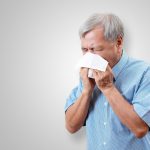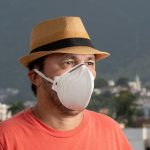
Following an approval granted Monday by the U.S. Food and Drug Administration, the U.S. Centers for Disease Control and Prevention on Tuesday signed off on new COVID boosters for Americans. “We have more tools than ever to prevent the worst outcomes from COVID-19,” CDC Director Dr. Mandy Cohen said in an agency news release announcing the approval. “[The] CDC is now recommending updated COVID-19 vaccination for everyone 6 months and older to better protect you and your loved ones.” Hours earlier, the CDC’s Advisory Committee on Immunization Practices (ACIP) had voted to support the boosters for all Americans aged 6 months and older. The COVID shots from Pfizer and Moderna will join the flu shot and newly approved RSV shots as part of a three-pronged public health strategy to tame the spread of all three viruses this coming winter. The updated COVID vaccines are each fully approved for those 12 and older and are authorized under emergency use for individuals 6 months through 11 years of age. “Vaccination remains critical to public health and continued protection against serious consequences of COVID-19, including hospitalization and death,” Dr. Peter Marks, director of the FDA’s Center for Biologics Evaluation and Research, said Monday in an agency news release. “The public can be assured that these updated vaccines have met the agency’s rigorous scientific standards for safety, effectiveness and… read on > read on >


















